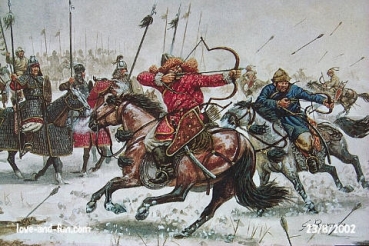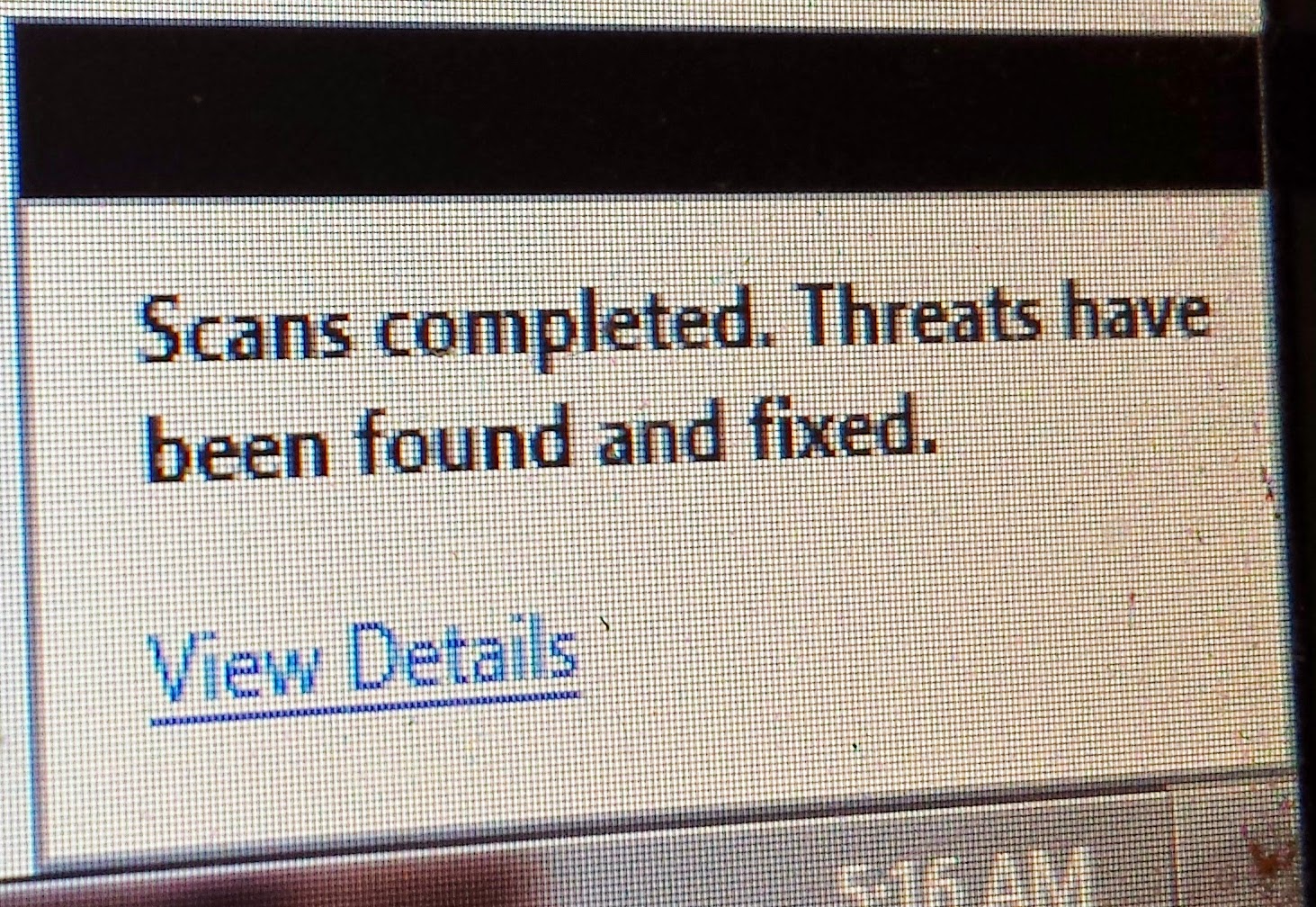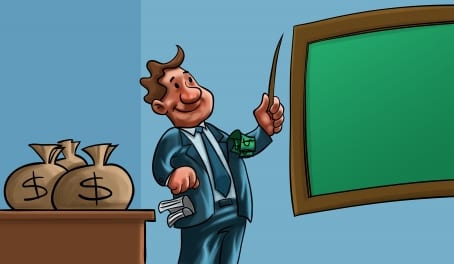
On that snow day that fell from heaven last Tuesday, I had the pleasure of alternating shoveling, reading Yong Zhao's Who's Afraid of the Big, Bad Dragon (Why China has the Best and Worst Education System in the World) with more shoveling, compounded with fort building, forays into the middle of snowball fights and fortifying cups of hot chocolate.
I wasn't too surprised by many of the arguments made by Yong Zhao. I only marveled at the fact that our elected officials continue to bend over backwards in praise of test-based "success stories" like that of Shanghai.
Witness a recent BBC story discussing the lack of academic freedom in China. In the past months, a law professor, Zhang Xuehong, an economist, Xia Yeliang, and a scholar of Uighur descent, Ilham Tohti, were dismissed from their posts, the last being jailed for life.
If the BBC has it right, these professors simply criticized the government, asked for freedom of speech or encouraged "better dialogue" between the government and the Uighur minority. China's education minister is advising universities to dispense with textbooks promulgating "Western values." Perhaps, they fear another Tiananmen Square. Perhaps, they are creating one.
It is illegal in China to criticize the Communist Party, the government or socialism. The President demands more strict "ideological supervision." And, very high-stakes tests seem to be on the forefront of distracting people from tackling the real crises confronting their societies.
China, it seems, uses its education as a tool to distract people. Its test-obsessed culture props up the government. Yong argues in his book that China's emphasis on testing has both historically and currently reinforced authoritarianism, sapped creativity and created a compliant workforce, concerned with prescribed answers and personal rankings.
In addition to encouraging an obsessive interest in test prep at the cost of more free thought, the system has promoted rampant cheating. Yong refers to the 2013 riot by students in Hubei province solely because they were forbidden to cheat. Metal detectors were put in place. Outside "invigilators" replaced teacher proctors. Students lost their eraser-like electronic transmitters. Phones were taken from students' underwear. Angry mobs smashed things. Students chanted, "We want fairness. There is no fairness if you do not let us cheat."
The security of SAT exams has also been breached in Asia. In May of 2013, the entire exam was canceled in South Korea due to alleged cheating. There also appeared to be foul play with the October 11, 2014 exam in China and South Korea. Students scores were withheld. On October 8, 2014, the College Board received an anonymous tip, including a copy of the previously unreleased December 2013 exam, scheduled to be given, either in part or in whole, at Asian sites on October 11, 2014. SAT scandals, of course, also strike much closer to home. The SAT can bring out the worst--in some who get the best scores.
So, let the likes of Andreas Schleicher of OECD and our very own Secretary of Education, Arne Duncan, praise high PISA scores. Let the NY Governor argue student test scores should count for 50% of a teacher's worth. I view things very differently. I view the current obsession with testing as an affront to democracy and diversity and, in some cases, integrity. It harms students. It harms teachers. And, ultimately, it harms society.
High test scores that come at such a price are worth very little--no matter the name or location of the country. When young people are forced to study with blinders to the larger issues and problems around them, we do a disservice to our future. Testing becomes the biggest distraction ever.





















